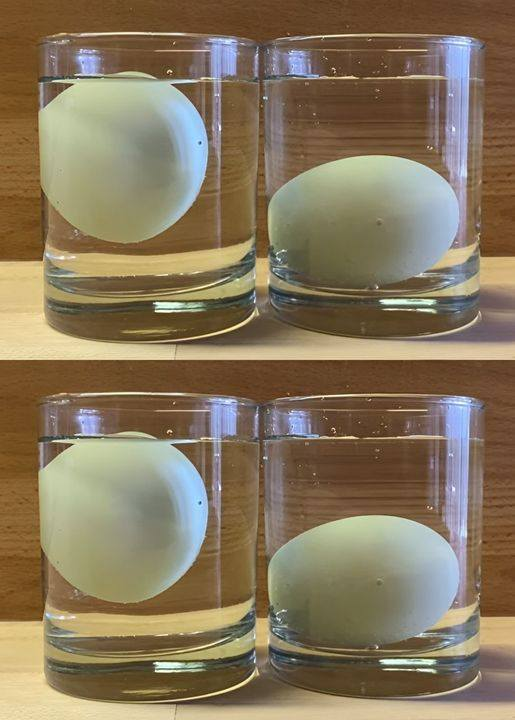ADVERTISEMENT
Eggs are a staple ingredient in many kitchens worldwide, but determining their freshness can sometimes be tricky. Whether you’re whipping up a batch of pancakes or baking a cake, ensuring the eggs you use are fresh is essential for both safety and taste. In this article, we’ll explore five effective methods to identify whether an egg is fresh or rotten.
The History and Importance of Fresh Eggs
Eggs have been a cornerstone of diets for centuries, valued for their versatility, nutrition, and flavor. Ensuring egg freshness has always been a priority, especially in times when refrigeration wasn’t widely available. Today, knowing how to assess the quality of your eggs can save you from food waste and potential health risks.
1. The Float Test: The Simplest Method
The float test is one of the most reliable and easy-to-perform methods to check egg freshness. All you need is a bowl of water.
Instructions:
- Fill a bowl or a tall glass with cold water.
- Gently place the egg into the water.
- Observe:
- Fresh Egg: Sinks to the bottom and lies flat on its side.
- Slightly Older Egg: Stands upright on the bottom.
- Rotten Egg: Floats to the surface.
Why It Works:
Eggs naturally develop an air pocket inside their shell as they age. The larger the air pocket, the more buoyant the egg becomes.
For Complete Cooking Instructions Please Head On Over To Next Page Or Open button (>) and don’t forget to SHARE with your Facebook friends
ADVERTISEMENT
